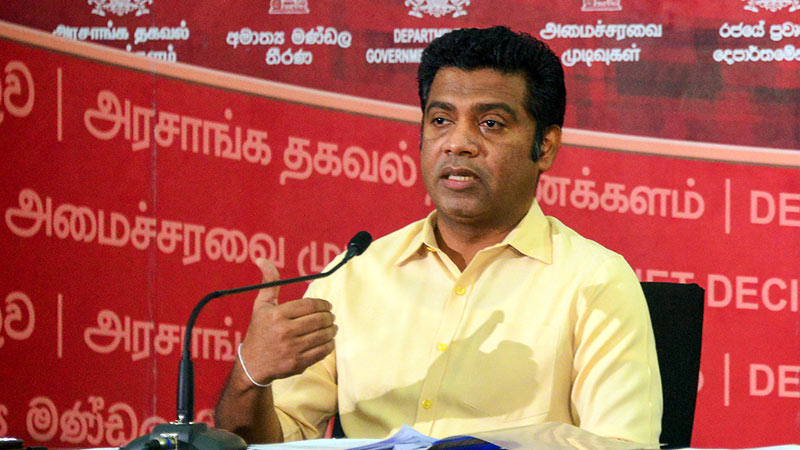Cabinet approves review of State-Owned Non-Commercial institutions in Sri Lanka

The Cabinet of Ministers in Sri Lanka has granted approval to review state-owned enterprises (SOEs) with non-commercial interests.
This proposal was presented by the President during the Cabinet meeting held yesterday (December 18).
The government is tasked with critical responsibilities such as providing public services, ensuring national security, maintaining law and order, regulating markets, ensuring equitable resource distribution, managing disasters, and overseeing social welfare. To fulfill these responsibilities, the country operates through various administrative and state-owned entities, including:
- 86 Departments
- 25 District Secretariats
- 339 Divisional Secretariats
- 340 State-Owned Enterprises
- 115 Non-Commercial State Statutory Bodies
For 2024, approximately Rs. 140 billion has been allocated in the National Budget for the functioning of these non-commercial institutions. This includes 115 state statutory bodies supervised by the Department of National Budget and 51 institutions overseen by the Department of Public Enterprises.
Need for Review
The review has become necessary due to several challenges faced by these institutions:
- Outdated structures
- Insufficient or incompatible authority
- Inefficiencies caused by overlapping roles
- Functions that could potentially be handled more efficiently by the private sector
Recognizing these challenges, the Cabinet approved the appointment of a committee to review these institutions and provide recommendations for improvement.
Composition of the Committee
The committee will be chaired by the Secretary to the Prime Minister and include the following members:
- Secretary – Ministry of Education, Higher Education, and Vocational Education
- Secretary – Ministry of Agriculture and Livestock, Lands, and Irrigation
- Secretary – Ministry of Industries and Entrepreneurship Development
- Secretary – Ministry of Plantations and Community Infrastructure
- A Deputy Treasury Secretary nominated by the Secretary to the Treasury
- An Additional Secretary to the Ministry, nominated by the Secretary to the Ministry of Public Administration, Provincial Councils, and Local Government
- Director General – National Budget
- Director General – Department of Management
- Director General – Department of Public Enterprises
- Chairman – University Grants Commission
This official committee is tasked with conducting a comprehensive review and submitting a report with actionable recommendations.

Latest Headlines in Sri Lanka
- Sri Lanka to introduce freelancer registration system for banking and financial benefits March 11, 2025
- Sri Lanka’s ‘Clean Sri Lanka’ school renovation project progresses with Tri-Forces support March 11, 2025
- Open warrant issued against IGP Deshabandu Tennakoon March 11, 2025
- Sri Lanka President holds key discussion with Excise Department officials March 11, 2025
- Three new Appeal Court Justices sworn in before President March 11, 2025


